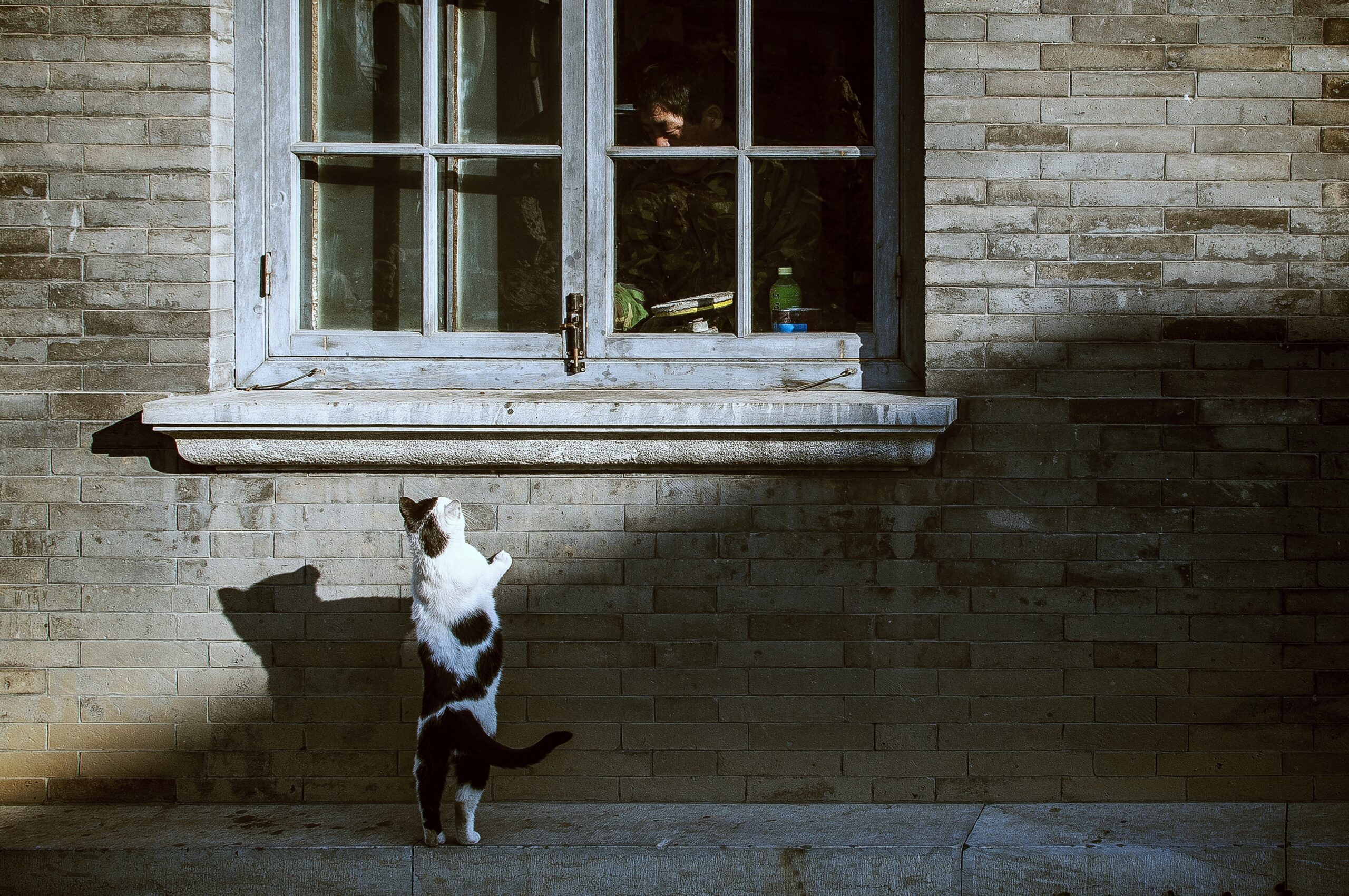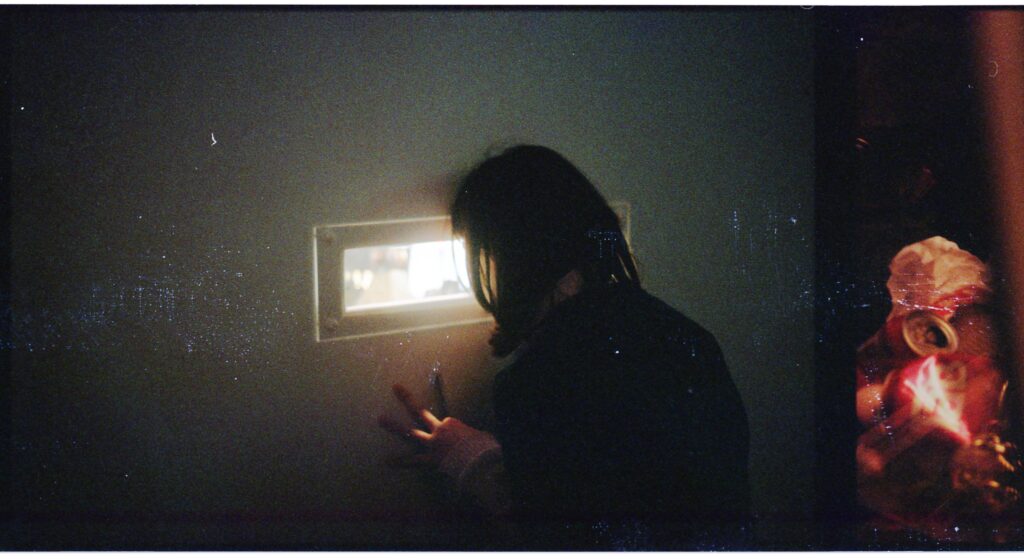Even since we are born, we ask random questions. Curiosity takes us to our imagination world. In our childhood we happen to ask some questions like what is this? Why the sky is blue? What makes these strawberries so tasty? These questions evolve in time.
In adolescent year we start to ask questions to deliver the expectations and express our passion. When is the deadline for this homework? Will you go out with me? Then, some adult years and school experience have curbed our enthusiasm and limit us few questions only.
I’ve examined the great minds in history to find out why they were different. They managed to leave critical master works beyond their time. Let’s dig into curiosity scientifically first.
Curiosity can be splitted into two as perceptual and epistemic curiosity. Perceptual curiosity more like our feelings when we see something puzzling or doesn’t match with what we saw. It is like an itch you need to scratch. On the other hand, epistemic curiosity is our love of knowledge and our desire to learn something new.
Deep Diving into Curiosity
As I said in the beginning, kids are little scientist who wants to understand cause and effect of everything. Why did this curiosity diminish gradually? Well, scientists clearly explain this phenomenon. We are still curious, but our curiosity evolved into the perceptual one. We take risks for novelty rather than our love for knowledge.
Take a look at the example of grandparents. They want to know about you. Your relationships, your home and your future wife/husband. Yet, they don’t want to know every single detail about your work. Or why Elon Musk is pushing to race for Mars.
Survival of Fittest
Curiosity has an evolutionary purpose. People had to be careful about the unknowns otherwise we would not survive. Our ancestors learned what food they should eat or which rock they should climb by their curious instincts. This trial & error enabled us to survive and thrive. It was possible because of our curiosity.
Today, we are more than capable of surviving. But our curiosity still exists within us. We are not so sure why it is still with us though. Therefore, I reviewed the researches more to understand this phenomenon. There is one interesting fact that I would like to mention. In fact, curiosity is the remedy for fear.
We are afraid of what we don’t know. Asking questions to know more is only way to overcome our fears. Curiosity can be so incredibly revolutionizing that some extreme religions may try to replace it with fear.
Great Minds Think Alike
Famous biography author Walter Isaacson is the one who investigated geniuses like Albert Einstein, Steve Jobs and Benjamin. He discovers the pattern of desire for learning, all sparked by curiosity. In his latest book of Leonardo Da Vinci, he describes him as the most creative genius with insatiable curiosity. Leonardo wondered what a woodpecker tongue looks like or why the sky is a blue – Yes, like a kid!
What if we stop?
Maybe some of you wonder why I am talking about curiosity when it is about positive impact of questioning. The answer is simple. If we lose our curiosity, we stop questioning. We become robots and life passes us by. In order to keep going, we all need to force ourselves to be out of our comfort zone.
We are questioning our world and ourselves to understand the world better. Our curiosity is now beyond the planet earth and we are starting to examine the universe. Curiosity could be the reason for human advancement, science and modern inventions. If the brain is a muscle, curiosity feeds that muscle with blood: it enables to have an active mental state.
The cure for boredom is curiosity. There is no cure for curiosity.


